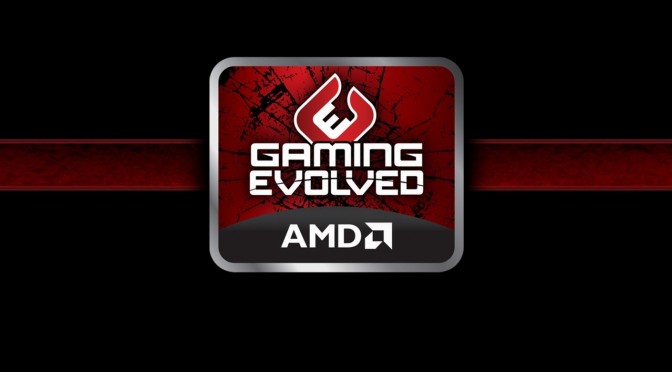During a post-keynote interview with Anandtech, AMD’s CEO, Lisa Su, has confirmed that the red team is indeed working on a new big NAVI GPU. Not only that, but this GPU will support Ray Tracing; a tech that only NVIDIA owners have been enjoying so far.
As Lisa Su told Anandtech:
“I’ve said in the past that ray tracing is important, and I still believe that, but if you look at where we are today it is still very early. We are investing heavily in ray tracing and investing heavily in the ecosystem around it – both of our console partners have also said that they are using ray tracing. You should expect that our discrete graphics as we go through 2020 will also have ray tracing. I do believe though it is still very early, and the ecosystem needs to develop. We need more games and more software and more applications to take advantage of it. At AMD, we feel very good about our position on ray tracing.”
It will be interesting to see whether these GPUs will support from the get-go all the games that already support Ray Tracing. Will AMD owners be able to enjoy them, or will developers have to release specific patches for them? And what about performance? Will AMD’s GPUs be able to compete with NVIDIA’s Ampere graphics cards?
Whatever the result may be, I really have to say that I’m happy that AMD is working on a high-end GPU. After all, this will put some pressure to NVIDIA. This can translate to higher performance gains and/or lower prices.
Stay tuned for more and kudos to our reader Metal Messiah for bringing this to our attention!

John is the founder and Editor in Chief at DSOGaming. He is a PC gaming fan and highly supports the modding and indie communities. Before creating DSOGaming, John worked on numerous gaming websites. While he is a die-hard PC gamer, his gaming roots can be found on consoles. John loved – and still does – the 16-bit consoles, and considers SNES to be one of the best consoles. Still, the PC platform won him over consoles. That was mainly due to 3DFX and its iconic dedicated 3D accelerator graphics card, Voodoo 2. John has also written a higher degree thesis on the “The Evolution of PC graphics cards.”
Contact: Email

